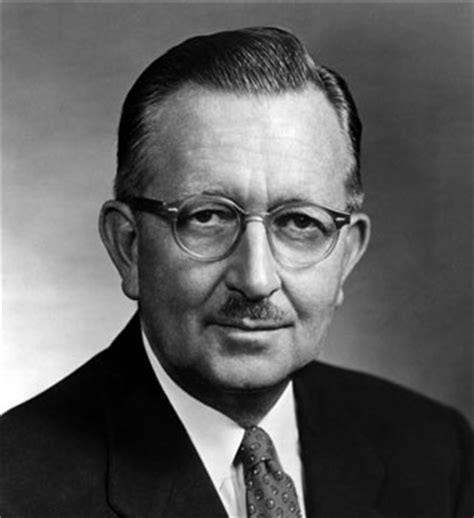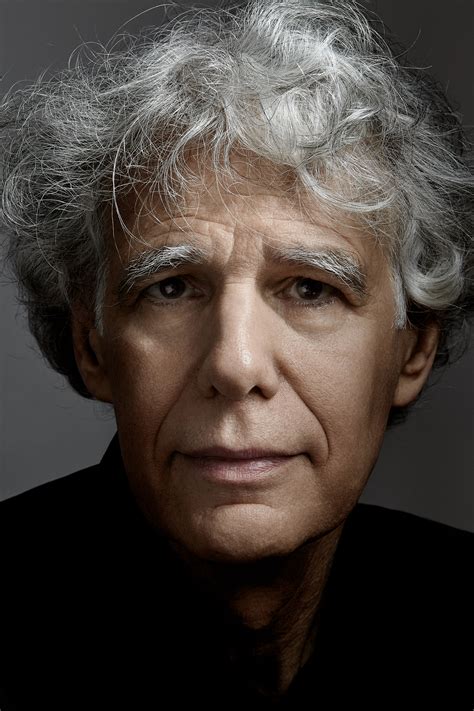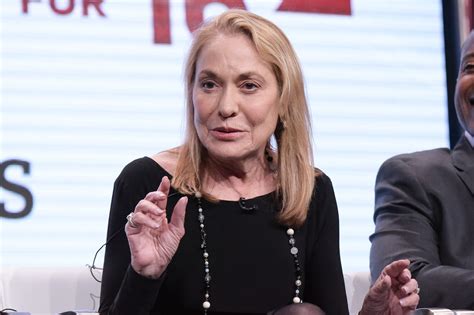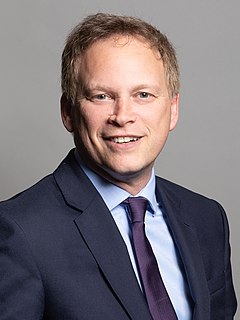A Quote by Joseph Brodsky
On the whole, infinity is a fairly palpable aspect of this business of publishing, if only because it extends a dead author's existence beyond the limits he envisioned, or provides a living author with a future he cannot measure. In other words, this business deals with the future which we all prefer to regard as unending.
Related Quotes
There is a future which is predictable, programmed, scheduled, foreseeable. But there is a future, l'avenir (to come) which refers to someone who comes whose arrival is totally unexpected. For me, that is the real future. That which is totally unpredictable. The Other who comes without my being able to anticipate their arrival. So if there is a real future, beyond the other known future, it is l'avenir in that it is the coming of the Other when I am completely unable to foresee their arrival.
I know publishing now more as an author than with occasional peaks inside those elite offices than as an industry insider. It was difficult publishing a novel the first time around, while working behind the scenes, knowing all that has to happen to make a book a success and to still make the leap as an author.
For unless one is able to live fully in the present, the future is a hoax. There is no point whatever in making plans for a future which you will never be able to enjoy. When your plans mature, you will still be living for some other future beyond. You will never, never be able to sit back with full contentment and say, "Now, I've arrived!" Your entire education has deprived you of this capacity because it was preparing you for the future, instead of showing you how to be alive now.
Every business is manmade. It is a result of individuals. It reflects the personalities and the business philosophy of the founders and those who have directed its affairs throughout its existence. If you want to have an understanding of any business, it is important to know the background of the people who started it and directed its past and the hopes and ambitions of those who are planning its future.
The Internet obviously changes things; we've seen that in the music industry above all else. As an author, I'm now having to deal with the fact that it's happening in the publishing industry as well. And publishing is going through a very difficult time. Some view it as positive, some negative, but nobody really knows how to deal with it. If you're an author it looks very challenging because your work can be pirated so easily and there's very little you can do about it.







































